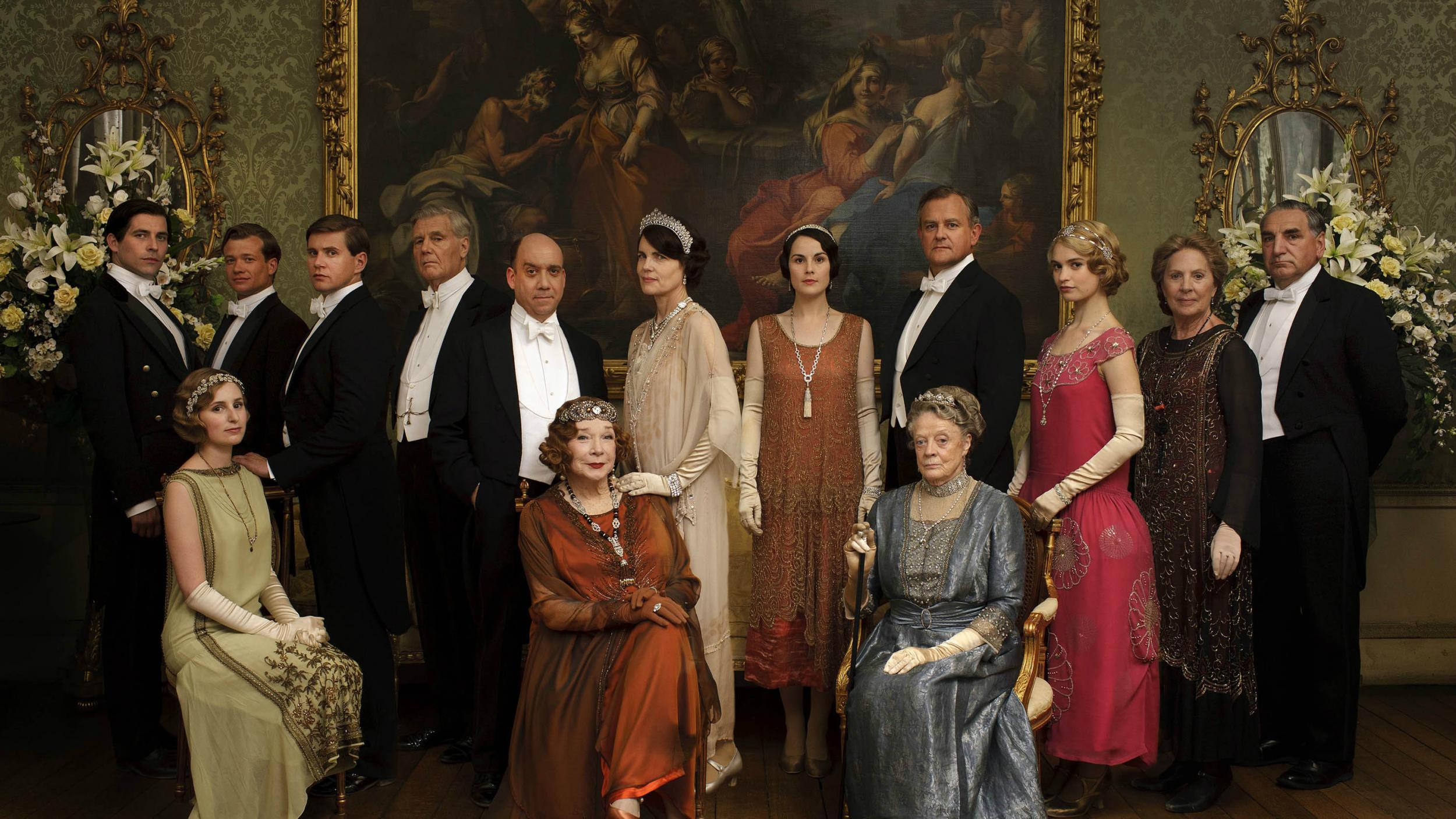It's offensive to be constantly asked where I'm 'really' from and period dramas are to blame
Implicit in the question is the suggestion that I'm not from England – the place where I was born, where I study and where I pay my taxes


Around twice a week, whilst I’m reading on the Tube, “working” in a café, or waiting for a drink at a bar, a stranger will ask me this: “Where are you from?”
When I feel particularly prickly, I have the urge to scream I'm from Medusa's asshole! But the conversation usually goes like this.
Stranger: Where are you from?
Me: I’m from London.
Stranger: Oh – where are you actually from?
Me: I’m from Camberwell.
Stranger: No – but actually – where are you from?
Me: I was born in a hospital in Camden.
Stranger: But where do you come from from?
Me: My mother’s womb. Like all humans.
Once we reach this beat of the script, I try to explain why it’s an offensive thing to be asked (though the constant emotional labour of having to do so is a burden). But to cover my bases, here goes.

Implicit in the question is that I’m not from here. Yes, I’ve lived in the Middle East, but I was born here, I studied here, and I pay my taxes here. I’m from England. The constant question, however, regardless of intention – mostly benign curiosity I suspect – immediately undermines the legitimacy of my authentically being British. I’m here now, aren’t I? Even if I wasn’t born here, why interrogate my origins when I’m walking on the same streets as you are? Do I ask random white people where they’re “from”? Of course I don’t. Whilst I’m undeniably proud of my Iraqi-Egyptian heritage, the coded question reinforces the hierarchy that it is white citizens who belong here foremost.
Many of my white friends have expressed confusion as to why I hate being asked this question. But together with the fact that passengers often avoid sitting next to me on public transport, and having been screamed at to “GET OUT” by a white man on the tube during the Brexit campaign, it’s a micro-aggression that adds to the cacophony of systemic racism. And in the context of the blatant xenophobia of the Home Office, who this week deported a plane of 30 Iraqi migrants from the UK, feeling that the country I call home may not see me as “from” here is an upsetting one.
In a broader sense, the way Britain culturally sees itself is exclusionary to migrant identities. Among its many horrors, 2016 was the year of British period dramas. Pitched as a form of televisual “escapism”, we had on offer: Netflix’s The Crown, ITV’s Victoria, the Austen revival Love & Friendship, BBC’s The Night Manager, ITV’s Granchester, BBC’s Close to the Enemy, and the enduring legacy of Downton Abbey.
There is a critical – and falsified – nostalgia to the way Britain portrays itself on TV. We sell our content abroad through visions of an imperialist England, eerily in tune with the nostalgic rhetoric of Brexit’s “Take Back Control” campaign.
On the flip side, the representation of Arab migrants is hardly empowering. We’re depicted as one of two things in the media: villain or victim – and nothing in between. If we’re not maniacs running around with detonators, we’re petrified immigrants who can’t speak for ourselves.
Hence why the picture of Saffiyah Khan, standing up to a far right EDL protestor with a defiant smile, had such a profound viral effect online. Here we see an intersectional migrant identity as neither a villain nor victim. Instead, they are empowered in their identity, defiantly showing a white supremacist that the UK is just as much their home as anyone else’s.
Moving forward, British culture – in media, TV, Film, Theatre and Art – has an urgent responsibility to represent migrant identities in all our intersectional complexities. If UK audiences had the opportunity to see just how much we contribute to British society, perhaps more people would be inclined to believe that we’re genuinely “from” here.
My hope is more strangers ask me what I’m interested in and what I want for the world instead.
Join our commenting forum
Join thought-provoking conversations, follow other Independent readers and see their replies
Comments
Bookmark popover
Removed from bookmarks